JF Ptak Science Books, LLC Post 953
“Why,
they must spit two or three gallons a day!
They ain’t died fast enough, these old men!”—Mrs. T.E. Bagley,
This is a great small America story about sitting. Or old men sitting, and spitting. Sitting and spitting on a long piece of thick timber outside a drug store, bricks and advertisements as back support, in Whitney, Texas (population ca. 1,500), in 1949. I can just about hear them on a hot summer evening, right now, only probably I couldn’t—they’d probably’ve shut up until the stranger walked by, giving me their silence and keeping their confidences. Or not. Maybe I would’ve been invisible, and the whittled bits would've fallen to the street along with the tobacco juice, cusses and gossip, unabated. Maybe they surrounded themselves with a stained-moat of spittin’s across or close to which no one would stray.
It
isn’t, I guess, so much a story about their sitting as it is a story about
their not sitting, about how it came to be that their lumber was removed and
the men forced to find another place to take in the sights and construct their
great edifices of commentary and asides.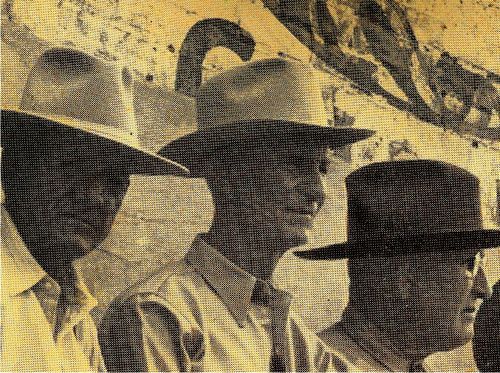
The story appears in LIFE Magazine of 15 August 1949, and lays the whole drama out in two splash pages, with bare editorializing and some great photos.
The
story goes like this: “In 1922 D. (Doctor Dee)
It came to the mayor of Whitney, Frank Basham, to appease “a
delegation of local housewives” who were fed up with the old men, and wanted
the “unsightly bench” gone. It was
probably a lot more than the bench, as the quote above by Mrs. T.E. Bagley contends:
“Why, they must spit two or three gallons a day! They ain’t died fast enough, these old men!”.
Perhaps a dozen old
farmers/ranchers/cowboys sitting on a bench all day long spitting and watching
the world go by wasn’t the most attractive thing for downtown Whitney.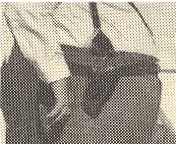
And so it came to pass that the lumber was removed, but not the men—they returned with nail barrels and took up residence, unabated, “sitting wrathfully” on the kegs. The police then threatened to confiscate the kegs, and then the men: tensions flared, and a special election was held, a referendum on whether or not to restore the bench.
“I’ve
never heard of such foolishness”, ‘cried 97-year-old Tom Rose, dean of the
bench sitters’. “Come here in ’77 from
The vote was held and the forces of bench-removal-evil were “horribly” beaten, the vote for favoring restoration coming in at a convincing 124 to 67.
The picture below shows the men “triumphantly” hauling the bench back into position, sitting back down once more, “loafing, whittling, spitting and passing judgment on everything that passed”.
As I said, this is a beautiful drama of high emotion, way-of-life small consequence played big, a heaping slice of American life witnessed in a small East Texas town just after World War II. I would love to hear the voice of Mrs. Lizzy Smith (pictured here) as she was thinking-out-loud, casting her vote in this debate with a pencil no longer than a finger joint. (Where did that hat/shawl come from? Is it her mother's? Mrs. Stewart's mother would've been born around 1840, which means that the sensibility for that head cover was at the very least of pioneer vintage, and possibly older. It looks like living history to me, a snapshot into something from the deep past, right there in the present. This doesn't happen very often; but when it does, it is a celebration.)
"We're all living on borrowed time" she is quoted as saying, and I imagine that she voted for the men to be able to return to their bench to use what time they had left to holding up the walls of that pharmacy. [I made a call to Whitney, this morning, and spoke with a gentleman about the Battle of the Bench. He eloquently relayed the story, and the place that it holds in the town's history, its small action carried into the future as a very large sensibility-- I'm thankful for his insight. I couldn't resist asking what it was that was directly opposite the bench; what were these men looking at when they weren't looking down. "Not very much" he said. But the story isn't in the looking, its in the talking; and as my wife Patti Digh finely points out, stories seem to be best told side-by-side.
And in here is a great little play. Maybe not so little.


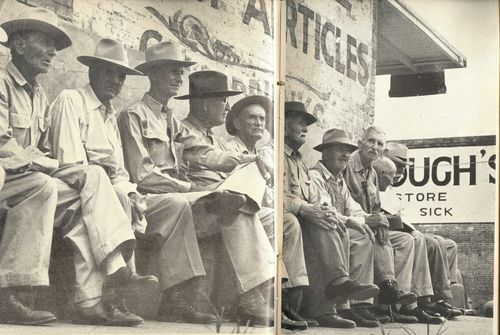
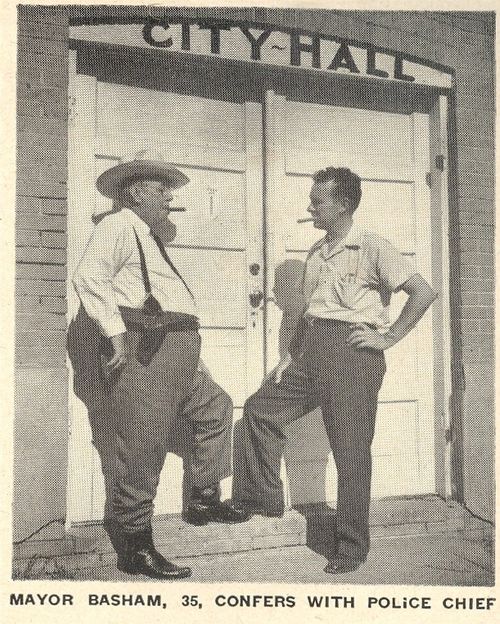
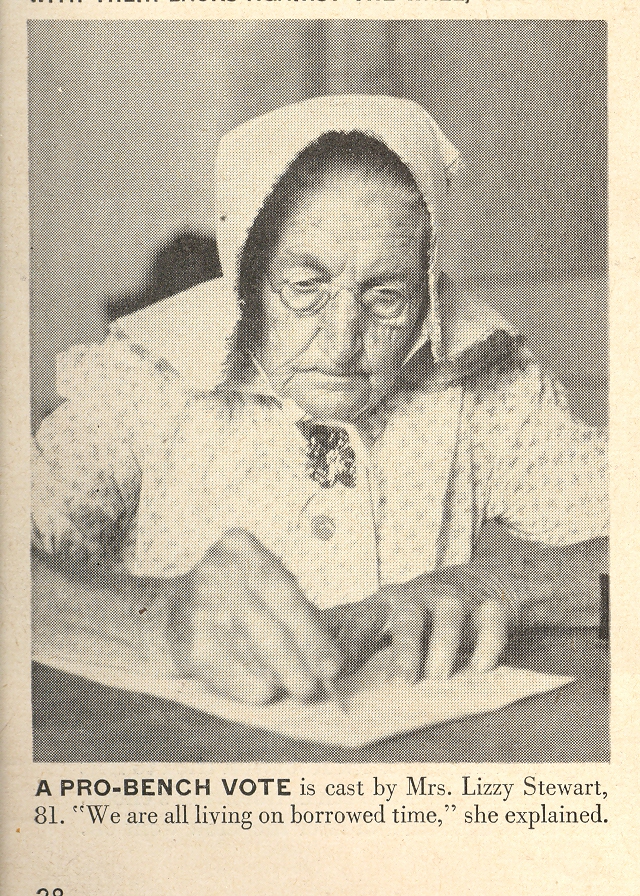
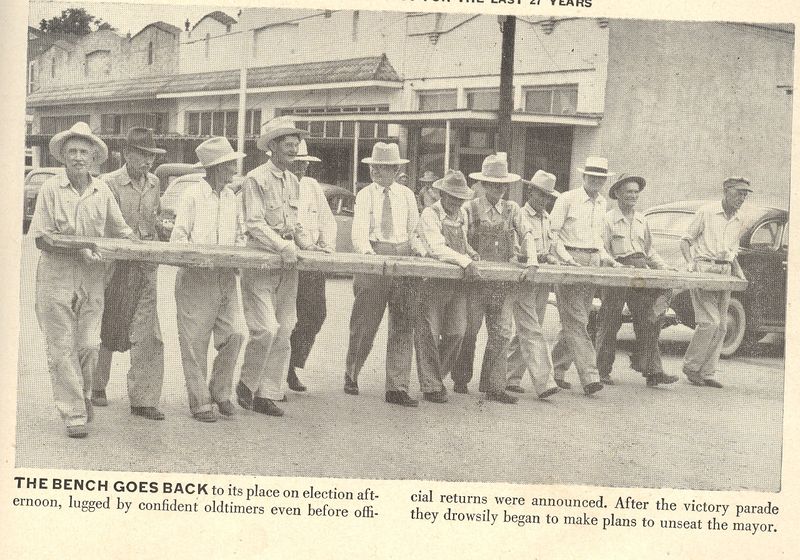

I remember the old men sitting on a ledge of the drugstore in a number of towns in West Texas, what was it with the drugstore?
Posted by: MH Adamson | 28 February 2010 at 03:02 AM
Would like to correct an error in this article. The mayor of Whitney was Fred Basham and not Frank Basham. He was my grandfather. Following his term as mayor, Fred (he was a WWII veteran) re-enlisted in the air force and had a distinguished career, serving during the Korean and Viet Nam wars. He retired to Whitney in about 1970 where he lived until his death in 2000. Patrick Mcmahan
Posted by: Pwmcmahan | 16 July 2013 at 09:39 PM